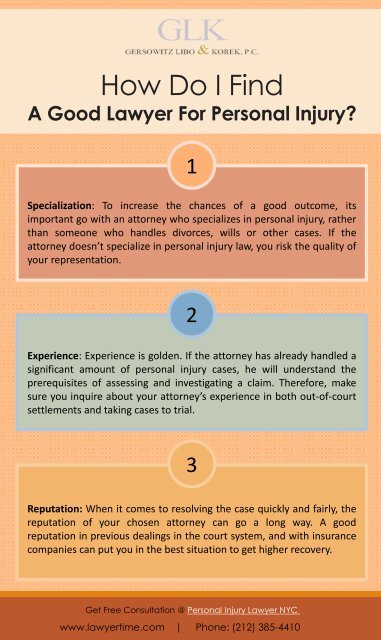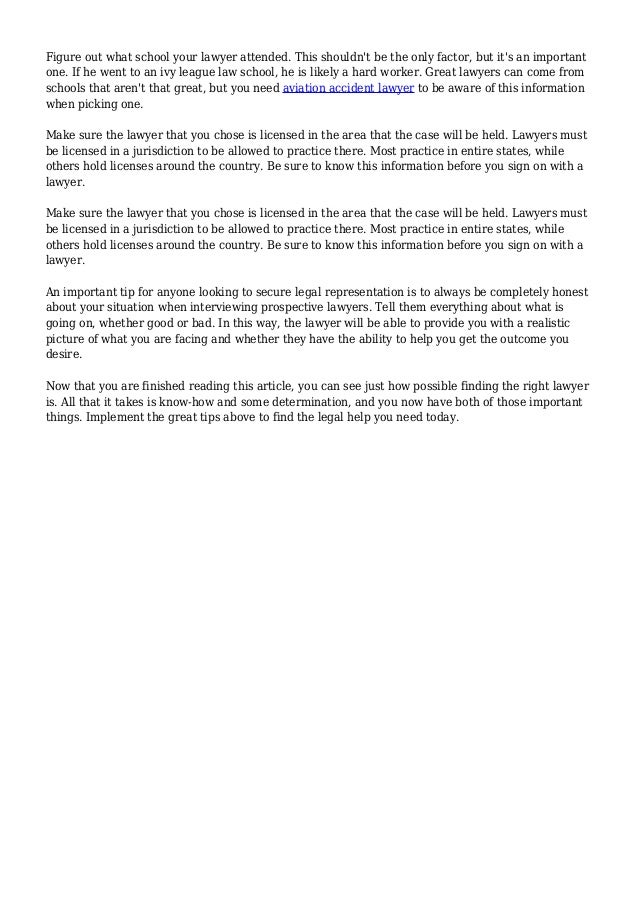All Categories
Featured
Table of Contents
Will Changes - How To Amend Your Will in Bedford Western Australia 2021
To learn more about what executors need to do, see Dealing with the monetary affairs of somebody who has actually died. In order for a will to be valid, it must be: made by a person who is 18 years of ages or over andmade voluntarily and without pressure from any other individual andmade by an individual who is of sound mind.
A witness or the married partner of a witness can not gain from a will. If a witness is a beneficiary (or the married partner or civil partner of a beneficiary), the will is still valid however the recipient will not be able to inherit under the will. It will be legally valid even if it is not dated, it is recommended to ensure that the will also consists of the date on which it is signed.
If someone makes a will but it is not legally valid, on their death their estate will be shared out under particular rules, not according to the wishes expressed in the will. For more details about the guidelines if someone passes away without leaving a valid will, see Who can acquire if there is no will the rules of intestacy.
Such wills are known as privileged wills. Once a will has been made, it ought to be kept in a safe place and other files should not be attached to it.
Wills - Citizens Advice in South Fremantle Aus 2020

If you wish to deposit a will in this way you should visit the District Computer system registry or Probate Sub-Registry or write to: Somebody near to you might have passed away and you think they made a will but you can't find one in their house. Check to see if you can find a certificate of deposit, which will have been sent to them if they set up for the will to be kept by the Principal Registry of the Family Division.
If the individual died in a care house or a health center you could inspect to see if the will was left with them. You must also get in touch with the individual's lawyer, accountant or bank to see if they hold the will. The person who has died, or their solicitor, might have registered their will with an industrial organisation such as Certainty () and, after the individual's death, you can spend for a search of the wills signed up on the business's database.
If you can't discover a will, you will typically need to deal with the estate of the person who has actually died as if they died without leaving a will. For more details, see Who can acquire if there is no will the guidelines of intestacy. When someone dies, the individual who is dealing with their estate (for instance, money and property) must typically get authorisation to do so from the Probate Service.


When probate is approved, the will is kept by the Probate Service and any member of the public can get a copy. If you wish to look for the will of an individual who died just recently, you can use to the Probate Service for a standing search to be made.
Wills And Probate Lawyer Liverpool - Make A Will Solicitor in Heathridge Oz 2022
If a grant has been made, they will send you a copy of the grant and a copy of the will, if any. You can renew your search at the end of 6 months for a further fee.
If you desire to do your own search, or if you wish to look for the will of somebody who died more than twelve months earlier, you can do a general search. A basic search by the Probate Computer system registry will cover a four year period and a cost is payable.
If you desire to check or take a copy of the will, there is a fee of 5.
Any obvious changes on the face of the will are assumed to have been made at a later date therefore do not form part of the initial lawfully legitimate will. The only way you can alter a will is by making: a codicil to the will ora new will A codicil is a supplement to a will that makes some changes but leaves the rest of it intact.
Latest Posts
Caribbean Property Lawyers in Woodvale Australia 2023
Find A Solicitor in Ballajura Oz 2022
Will Writing Solicitors - Drafting A Will in Kalamunda WA 2020